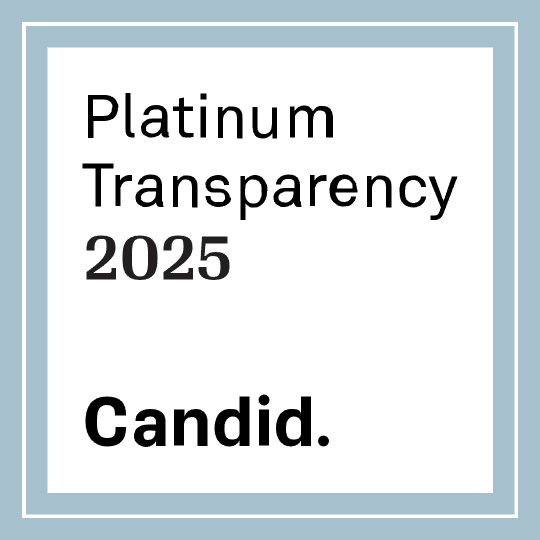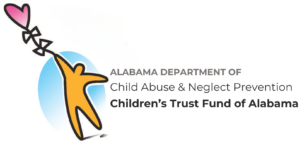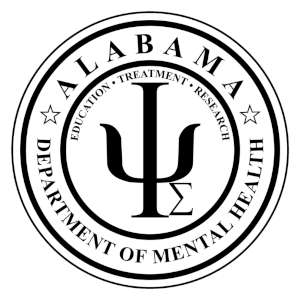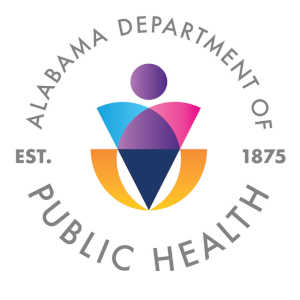Despite the complex nature of addiction, there are many effective paths toward recovery. One path combines behavioral therapy and counseling with Food and Drug Administration (FDA)-approved medications in an approach known as medication-assisted treatment (MAT). MAT involves treating addiction both therapeutically and pharmacologically, and several medications have been approved by the FDA to treat addictions to alcohol and opioids.
Although there are numerous medications available to treat opioid and alcohol use disorders, there are currently no FDA-approved medications for treating stimulant addiction, leaving addiction specialists using the same behavioral approaches they have used for decades. But earlier this year, the FDA officially called on researchers to create medical treatments for stimulant addictions, such as those to meth or cocaine. This news brings hope to the millions of people affected by addiction to drugs like meth, cocaine, Adderall, and others.
FDA Calls for Medication-Assisted Treatments for Stimulant Addiction
In October the FDA laid out guidelines as part of its Overdose Prevention Framework asking researchers and medical professionals to focus on creating stimulant addiction medications and evidence-based treatments. These guidelines encourage separate studies for different stimulant use disorders and emphasize rigorous trial methods such as randomized, double-blind, and placebo-controlled trials.[1]
By creating medications that can treat stimulant addiction, people who are addicted to drugs like cocaine, meth, or Adderall can get the help they deserve. Medications used in MAT have the potential to alleviate withdrawal symptoms, reduce drug cravings, and stabilize brain chemistry, thereby increasing the chances of a successful recovery.
Exploring the Benefits of Medication-Assisted Treatment (MAT) in Treating Substance Use Disorders
Medication-assisted treatment (MAT) is a popular treatment approach because it can be incredibly effective. According to the Substance Abuse and Mental Health Services Administration (SAMHSA), the goal of MAT is to help people achieve a full recovery, including the ability to lead a self-directed life.[2] Benefits of this approach include:
- Increased treatment retention–when you aren’t preoccupied with withdrawal symptoms and cravings, it’s easier to stay motivated in treatment.
- Reduced rates of illicit opioid use and criminal activity among people affected by substance use disorder.
- Improved patient survival.
- Increased ability to gain and maintain employment–By helping individuals stay sober, MAT can increase their ability to find employment and stay employed.
- Improved birth outcomes in babies who are born to women who have a substance use disorder while pregnant.
Unfortunately, since medications are only available for treating opioid and alcohol use disorders, those who suffer from stimulant addiction don’t have access to the same benefits. However, new research alongside the FDA’s guidelines may bring healthcare professionals one step closer to a comprehensive approach to treating stimulant addiction.
Breakthrough Research May Pave the Way for New Medications for Stimulant Addiction
The FDA’s call for increased research in medications for stimulant addiction came just days after new research on cocaine addiction was released.
According to an article released by Neuroscience News, researchers studied the amygdala, a part of the brain linked to emotions, in rats to understand cocaine addiction better. They found connections between certain genes related to energy use in brain cells and addictive behaviors. By testing a drug targeting these genes, they saw positive changes in addiction behaviors in rats. These findings suggest that there may be a pharmaceutical approach to treating cocaine addiction.[3]
This research is essential in potentially finding new treatments for cocaine addiction, a condition that is currently lacking effective medications. Understanding these molecular aspects might help develop personalized addiction treatments for those struggling with cocaine addiction in the future. And since cocaine abuse affects the brain in similar ways as meth and other stimulants, this research could even pave the way for creating targeted treatments designed for other types of stimulant addictions.
How to Find Effective Treatment for Stimulant Addiction
If you are battling stimulant addiction, you may feel eager to start medication-assisted treatment (MAT), especially if other treatment approaches that you’ve tried have failed. However, there aren’t any medications available, yet, but there are other evidence-based treatments that can help you get sober.
Firstly, detox centers can prescribe symptom-specific medications that alleviate your withdrawal symptoms, helping you detox safely and comfortably. After detox, attending a comprehensive treatment program that uses an individually tailored approach can help you treat the root causes of your addiction and learn how to move forward with recovery.
Just because there aren’t any medications approved for stimulant use disorder yet doesn’t mean you should wait to get started on recovery. The longer you wait, the harder it may be to take the first steps toward sobriety. Talk to a trusted healthcare provider, counselor, or substance abuse treatment center near you today to discuss your treatment options.
References:









